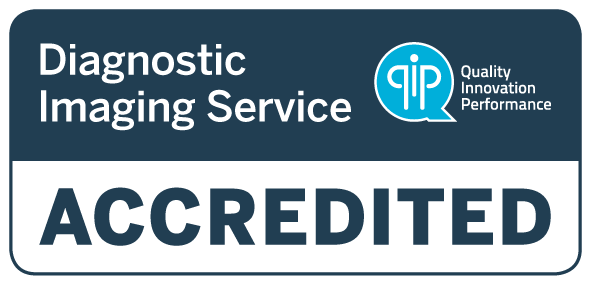Consultation
Please bring the following to your appointment:
- GP referral
- Medicare Card
- Concession Card (if applicable)
- Completed PATIENT REGISTRATION AND MEDICAL HISTORY FORM (which you will recieve after your appointment has been made)
Preparing for an Electrocardiogram (ECG)
Before an ECG test, you do not need to do anything special.
Preparing for a Transthoracic Echocardiogram (Echo)
You don't need to do anything special to prepare for an Echo.
Preparing for a Transoesophageal Echo (TOE)
- DO NOT eat or drink anything for at least 4 hours before the test. If you must take medication before the test, take it only with a small sip of water.
- Take all of your medications at the usual times, as prescribed by your doctor. If it is 4 hours before the test, please take your medications with only a small sip of water.
- If you have diabetes and take medications to manage your blood glucose, please contact your doctor for specific instructions about taking your medication before the test.
- Someone should come with you the day of the test to drive you home. You should not drive until the day after the procedure. The sedation given during the test causes drowsiness, dizziness and impairs your judgment, making it unsafe for you to drive or operate machinery.
Preparing for your Stress Echocardiography (Stress Test)
Before a stress test, it is recommended that you avoid eating anything heavy or smoking for at least 2 hours before the test, you can continue your normal fluid intake, and wear comfortable clothing that you can exercise in. During the stress test, your heart rate and blood pressure will be continuously monitored.
The test continues until:
- You reach a target heart rate determined by your doctor
- You develop chest pain or a change in your blood pressure that is concerning to your doctor
- You develop ECG changes that suggest your heart muscle is not getting enough oxygen
- You are too tired or have other symptoms, such as leg pain, that keep you from continuing
You will be monitored for 5 - 10 minutes after exercising, or until your heart rate returns to baseline. The total time of the test is around 30 minutes.
What you can do in the meantime
It's never too early to make healthy lifestyle changes, such as quitting smoking, eating healthy foods and becoming more physically active. These are primary lines of defence against coronary artery disease and its complications, including heart attack and stroke.
For more information about your appointment or if you have any questions please contact us.




